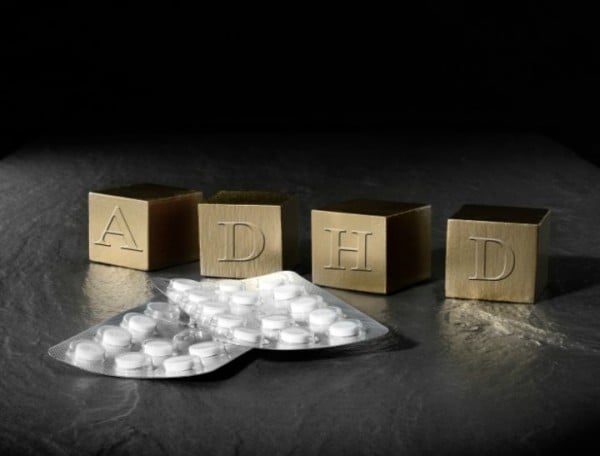
Here’s an interesting theory – what if ADHD doesn’t really exist? What if it exists in a small number of cases, yet for the rest of those kids who are distracted, hyperactive and impulsive – they are actually just narcissistic?
Furthermore, what are the implications for the hundreds of thousands of children being treated for ADHD if they are being unnecessarily treated with drugs they actually don’t need?
The theory has been raised by Dr. Enrico Gnaulati is his book titled ‘Back to Normal: Why ordinary childhood behavior is mistaken for ADHD, bipolar disorder, and autism spectrum disorders’, where he goes through most of the core symptoms of ADHD and shows how closely they resemble aspects of childhood narcissism.
He writes for The Atlantic, “In my experience, the lack of a clear understanding of normal childhood narcissism makes it difficult for parents and health-care professionals to tease apart which behaviours point to maturational delays as opposed to ADHD.”
He says part of the problem is our familiarity with the symptoms of ADHD. More than any other disorder he says, it’s the one that comes to mind when kids are acting out or having trouble concentrating in school.































































































